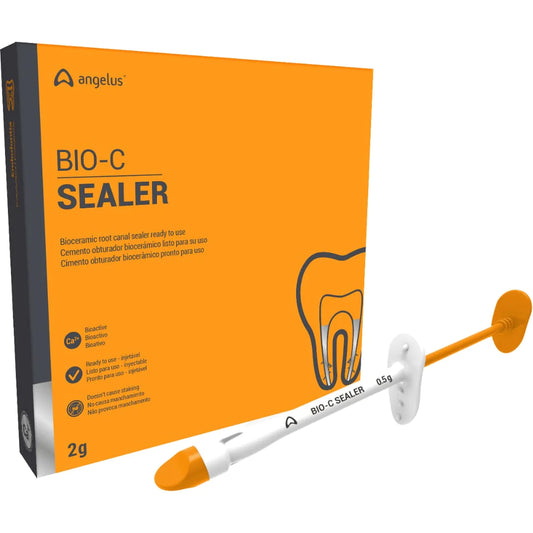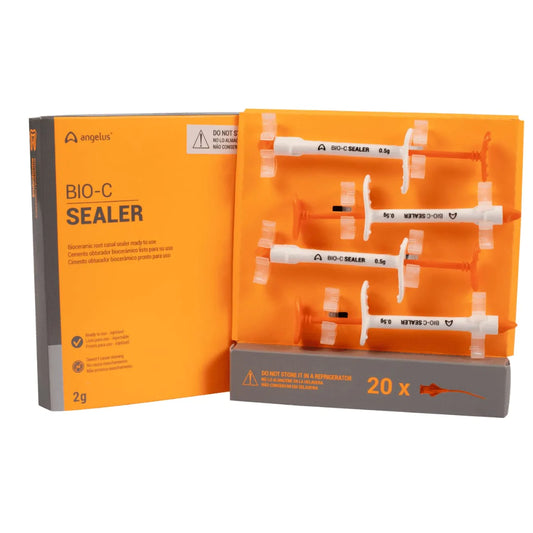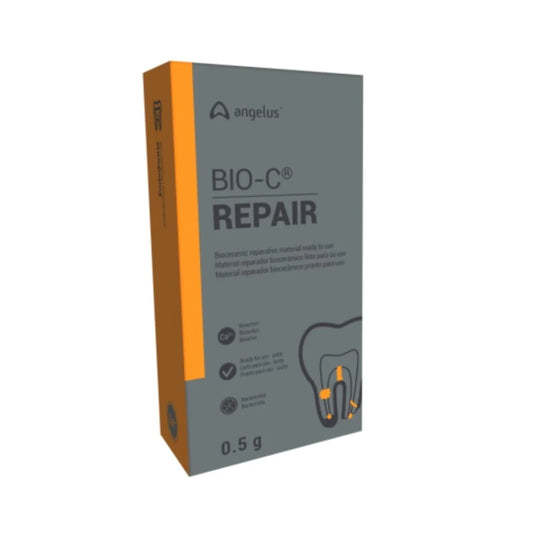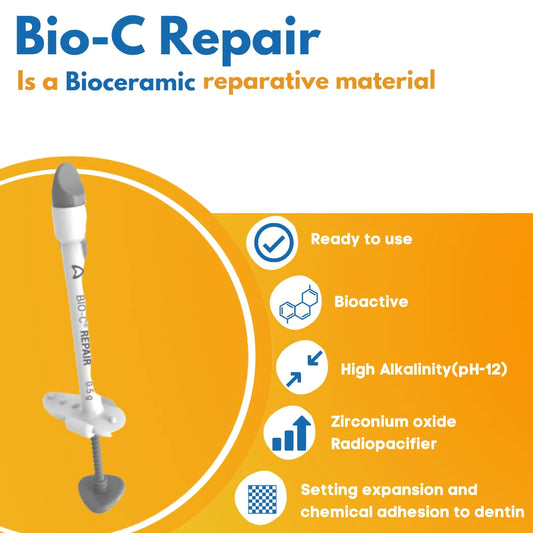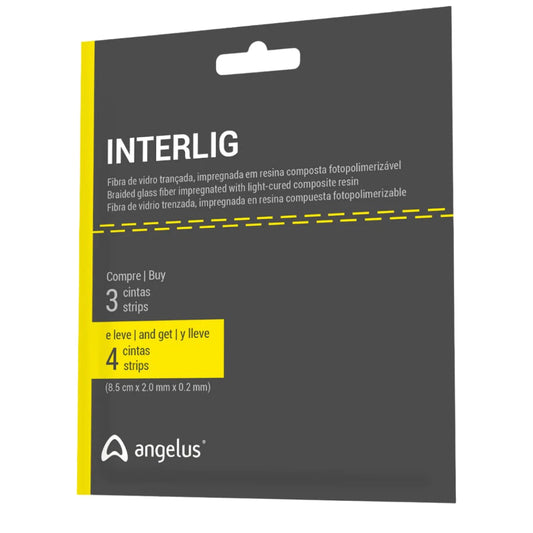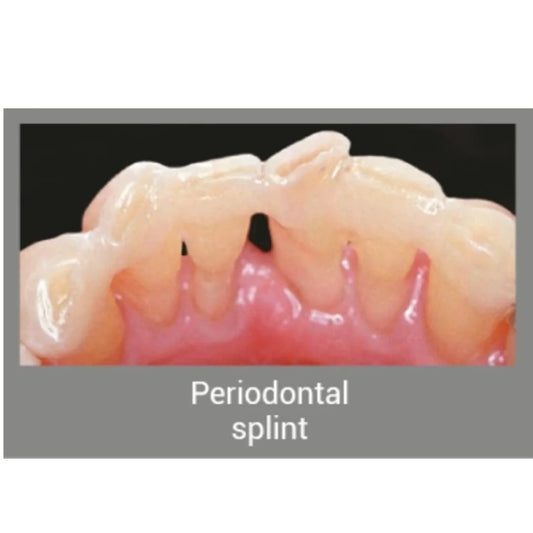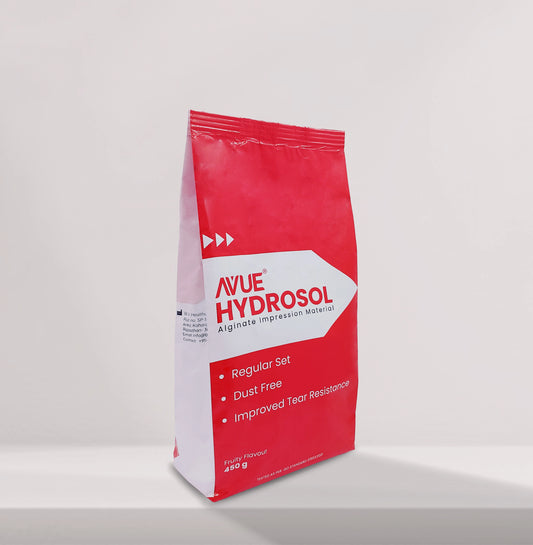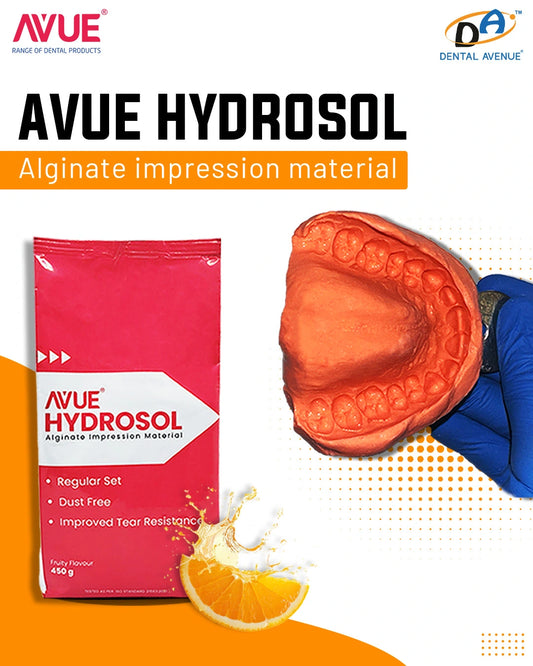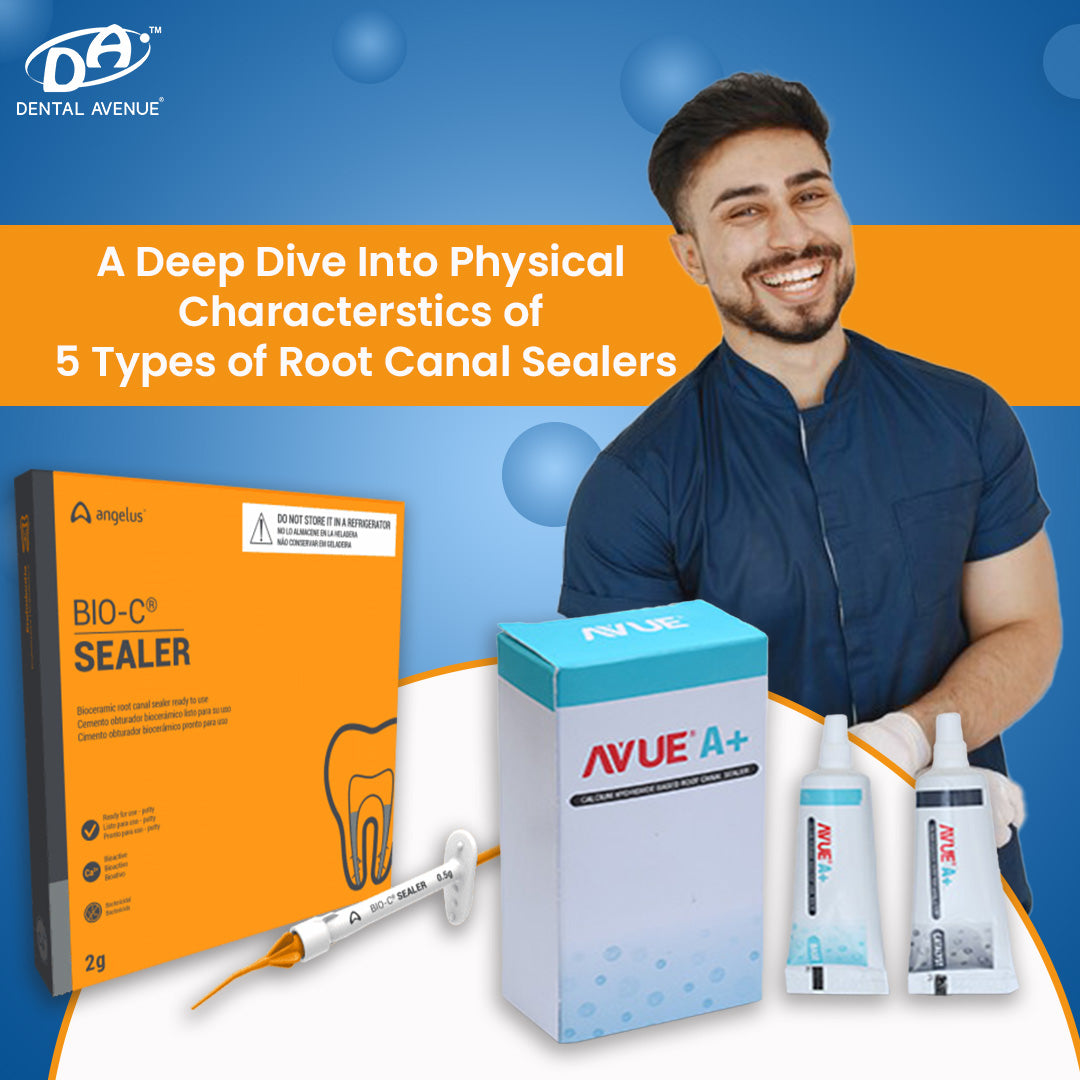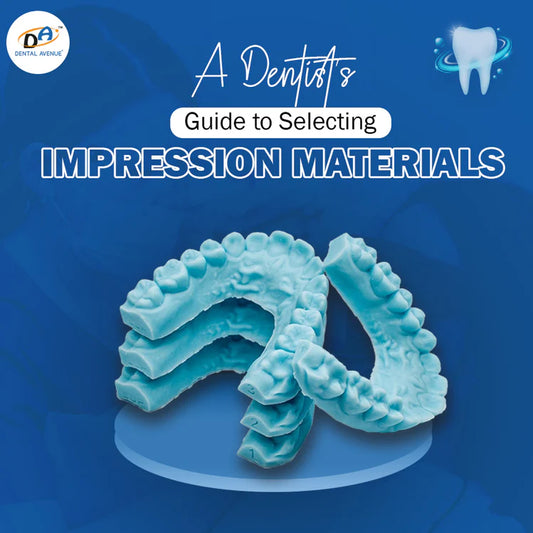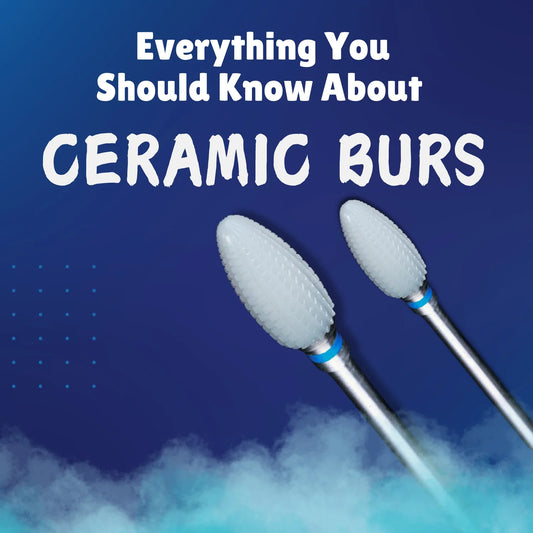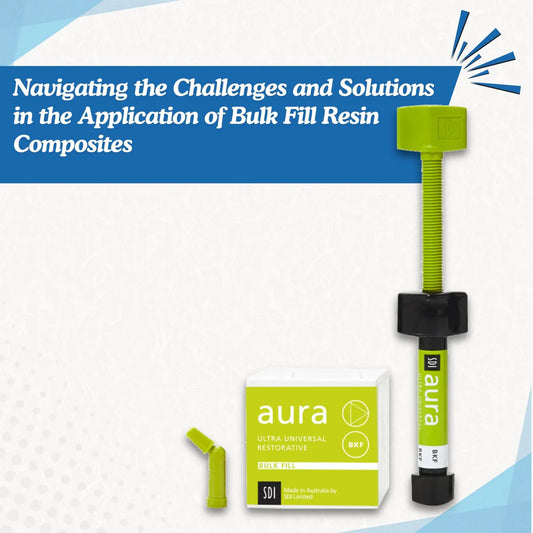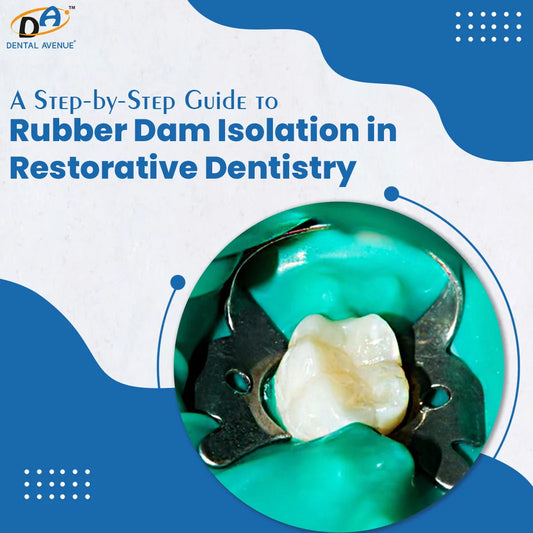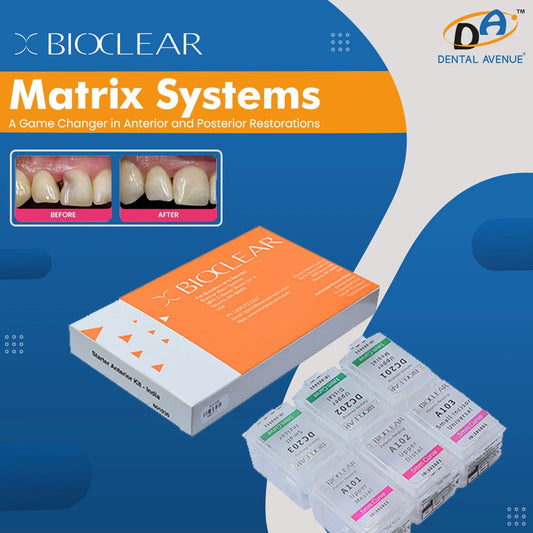Commonly known as the radiopaque luting used in restorative dentistry. Root canal sealers are used in combination with either a solid or semi-solid core material to fill the voids along with sealing after the obturation. Root canal treatment is a critical aspect of preserving teeth affected by infection or damage. The success of the procedures is influenced by the selection of an appropriate root canal sealer. In this article, we will explore the various types of commonly used root canal sealers and the advantages and disadvantages of each. We also highlight the potential applications of each of these sealers.
Is Selecting the Right Root Canal Sealer Crucial for Success?
The choice of root canal sealers forms the base on which the success or failure of a particular case may depend. Fortunately, each sealer has its advantages and disadvantages, which make the selection of a root canal sealer a scientific process. At the same time, one must keep in mind the paying potential of the patient and the long-term healing requirements. Understanding the characteristics can better equip dentists to provide optimal care for their patients and ensure their happiness.
In endodontic treatment, there is proper cleaning, shaping, and obturation of the root canals. All the processes are related to each other and impact the other step. The materials that provide the final seal are the endodontic sealers. An endodontic sealer should have radiopacity, flowability, and desirable working time, among the other qualities. Here are some as follows:
1. Zinc Oxide Eugenol:
One of the most commonly used root canal sealers is zinc oxide eugenol, which has good antimicrobial properties. They have poor solubility factor and shrink while setting. Zoe is not known for its strength, so it is used along with reinforcements. They mainly act as temporary filling material, gingival dressing, etc.
2. Calcium Hydroxide:
Calcium hydroxide-based root canal sealers are used to enhance the healing process and preserve the vitality of the pulp as they possess antibacterial properties.
Advantages of calcium hydroxide-based sealers:-
- Hermetic seal
- Radiopaque
- Provides good adhesion
- Formation of calcific bridge
- Release calcium ions
- Stops internal resorption
- Pocket-friendly
Disadvantages of calcium hydroxide sealers:-
- Multiple appointments.
- Chances of microleakage.
- Susceptible to fracture.
- They have coronal microleakage.
- Does not adhere to dentin or resin restoration.
3. Epoxy-Based:
These root canal sealers are dimensionally stable and resorption resistant in nature. It has excellent antimicrobial activity, is fast, and is easy to use.
It has excellent sealing ability and provides High adhesion to gutta-percha and dentin.
4. MTA-based:
MTA Mineral trioxide aggregate (MTA) was introduced by Lee and used in root canal repair. It is biocompatible with oral and soft tissues. MTA is a win-win for many cases because of its properties, such as low cytotoxicity, high biocompatibility, capability to release calcium hydroxide, capacity to set in the presence of bleeding, etc.
MTA-based root canal sealers have the competency to regenerate periodontal ligament and form cementum in the root canal space and accessory canals, thus closing the leeway spaces that can result in treatment failure.
According to studies, it's referred to as a suitable sealant.
5. Bio-Ceramic Sealer:
For three decades, operators have used bio-ceramic sealers, and they are composed of zirconia, aluminum, glass ceramic, hydroxyapatite, and calcium phosphates. It enhances the growth of tissues.
They have terrific sealing ability, are radiopaque, and are hydrophilic, antibacterial, biocompatible, dimensionally stable, and low soluble.
The tabular form showcases 5 types of sealers along with their Characteristics and application process in a simplified way:-
|
S.no |
Root Canal Sealer |
Properties |
Limitation |
Cases |
|
1 |
Zinc oxide Eugenol |
Antimicrobial, Seal efficient. |
Might be irritation |
Best suitable for predictable cases. |
|
2 |
Calcium hydroxide based |
Antimicrobial, Stimulates dentine formation, No cytotoxicity. |
Radiopacity, Dissolution. |
Suitable for cases where stimulation of dentine formation is essential as well as antimicrobial action. Retreatment cases. |
|
3 |
Epoxy Based |
Superior flow characteristics, Adhesive, No dissolution. |
Potentially cytotoxic. |
Suitable for cases demanding superior adhesive properties and dimensional stability.. |
|
4 |
MTA based |
Flowability, Biocompatible, Tissue healing, Anti-microbial. |
Low solubility, Radiopacity. |
suitable for cases where retreatment may be required |
|
5 |
BioCeramic Sealer |
Superior adhesive properties and flow. |
Cost |
Ready to use and suitable for high-risk cases. |
Conclusion
Choosing the right root canal sealer is a nuanced decision that depends on the specific requirements of each case. Understanding the physical characteristics of different sealers along with the demographics and history of the patient empowers clinicians to make informed decisions, contributing to the overall success of endodontic treatments.
Frequently Asked Questions
How do resin-based root canal sealers work in sealing and preserving the tooth's integrity?
Resin-based sealers create a durable and adhesive seal, preserving the tooth's integrity by filling irregularities and adhering to dentin.
How do viscosity and flowability affect the performance of root canal sealers?
Optimal viscosity ensures proper adaptation to canal walls, while appropriate flowability allows sealers to reach and seal intricate spaces.
Why is radiopacity important in root canal sealers, and how is it measured?
Radiopacity allows visualization on X-rays, aiding in assessing fillings. It is measured using standardized techniques for accurate evaluations.
What factors should dentists consider when choosing the most suitable sealer for a specific case?
Considerations include sealing ability, biocompatibility, radiopacity, setting time, solubility, flow,and potential cytotoxicity, tailored to the clinical scenario and patient characteristics.

